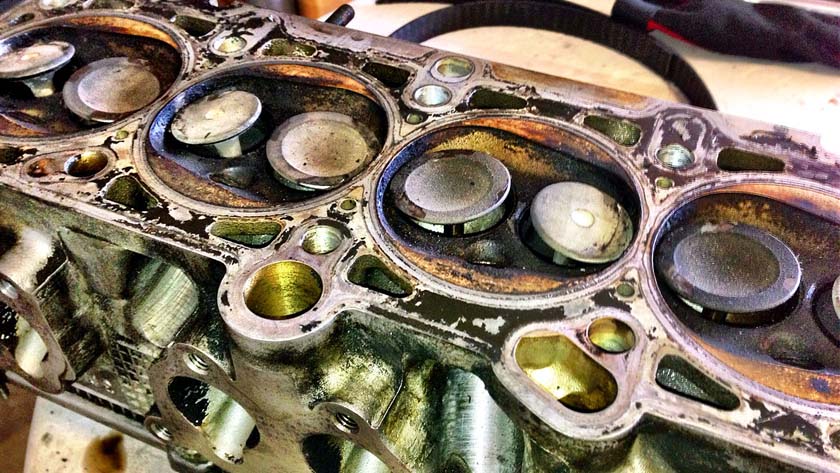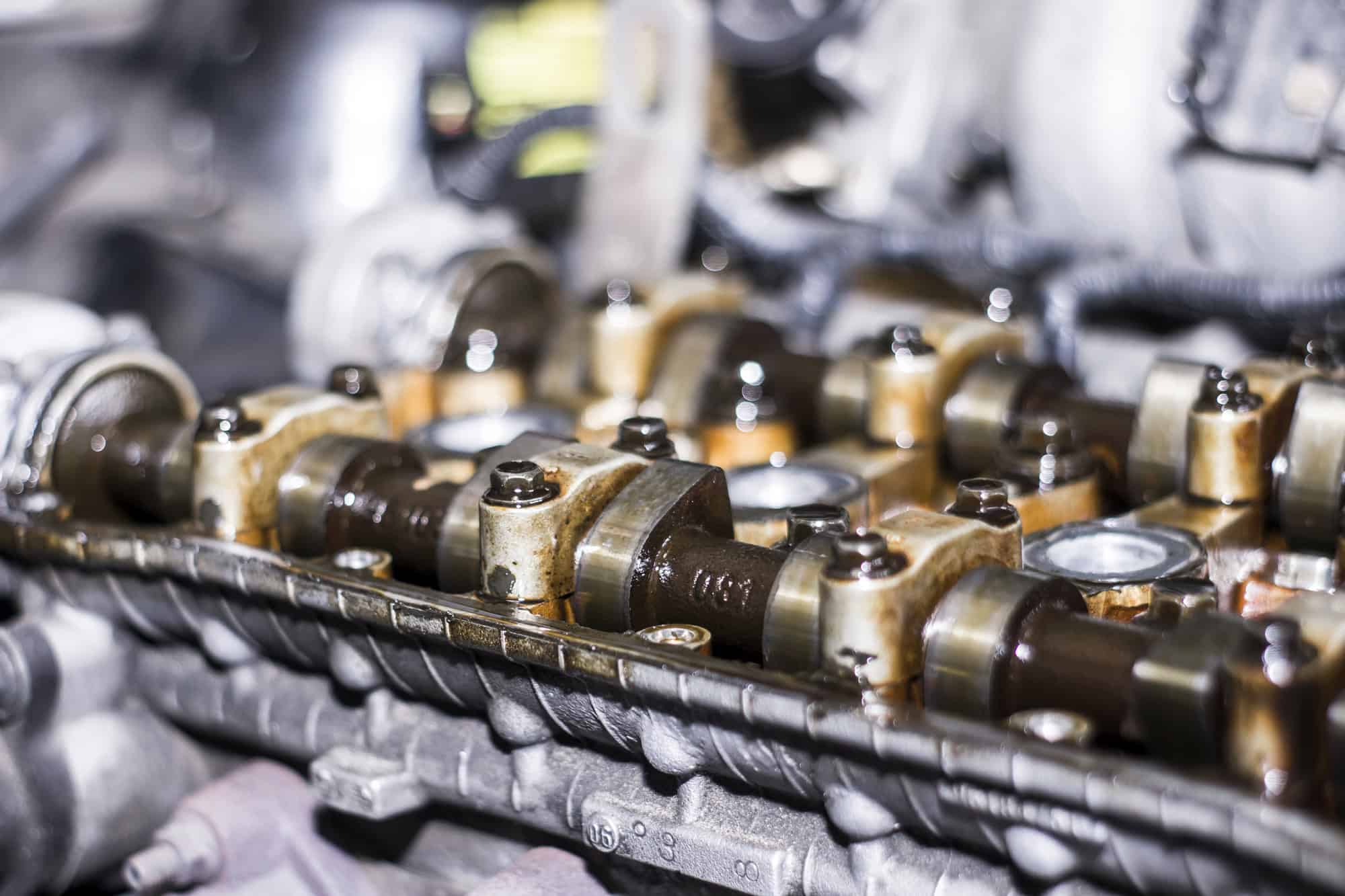Hearing a knocking sound coming from your engine can be alarming. It’s one of those noises that car owners should never ignore. Commonly referred to as engine knock or detonation, this sound often signals that something isn’t quite right inside your engine—and it could lead to serious damage if left unresolved.
In this article, we’ll explain what engine knocking is, its common causes, how to diagnose the problem, and most importantly, how to fix and prevent engine knock to keep your engine running smoothly.
🔊 What Is Engine Knocking?
Engine knocking refers to a metallic pinging or tapping sound coming from inside the engine, particularly when accelerating or under load. It typically occurs when the air-fuel mixture in the cylinder detonates prematurely—before the spark plug fires at the correct moment.
Instead of a smooth, controlled burn, this early detonation creates a shockwave that hits the piston or cylinder wall, causing the knocking or pinging sound you hear.
🚗 What Does Engine Knocking Sound Like?

Engine knock sounds like:
- A metallic pinging
- A rattling or tapping noise
- A rhythmic knock that rises with engine RPM
It often starts under acceleration, climbing hills, or when the engine is under heavy load.
⚠️ Why Engine Knock Is Dangerous
While the sound may start off mild, prolonged engine knock can cause:
- Piston damage
- Cylinder wall scoring
- Cracked spark plugs
- Burnt valves
- Complete engine failure
That’s why it’s crucial to identify and fix the root cause of engine knock as soon as possible.
🔍 Common Causes of Engine Knocking
Let’s look at the most frequent reasons why knocking sounds occur in engines:
1. Low-Quality or Incorrect Octane Fuel
- Using fuel with too low an octane rating can cause early combustion.
- Always use the recommended fuel grade for your engine.
2. Incorrect Ignition Timing
- If your spark plugs fire too early, combustion starts before the piston is in position.
- Often caused by a faulty timing system or misadjusted ECU.
3. Carbon Build-Up in Combustion Chamber
- Deposits from fuel and oil can reduce space in the combustion chamber, increasing pressure and causing knock.
- Regular fuel system cleaning can help prevent this.
4. Overheating Engine
- Excess heat can cause the air-fuel mix to ignite prematurely.
- Check coolant levels, radiator function, and thermostat.
5. Lean Air-Fuel Mixture
- If there’s too much air and not enough fuel, the mixture burns hotter and faster.
- Can be caused by a bad oxygen sensor, fuel injector, or fuel pump issue.
6. Bad Knock Sensor
- The knock sensor detects pre-ignition and tells the ECU to adjust timing.
- If it fails, the engine may knock without correction.
7. Worn Engine Components
- Rod knock, a deeper knocking sound, indicates worn bearings or connecting rods—usually a more serious mechanical problem.
🛠️ How to Fix Engine Knocking

Depending on the cause, here are effective ways to eliminate engine knock:
✅ 1. Use Higher-Octane Fuel
- Try switching to a premium fuel recommended by your vehicle’s manufacturer.
✅ 2. Check and Adjust Ignition Timing
- Have your mechanic or tuner verify that timing is correct using diagnostic tools.
✅ 3. Clean the Combustion Chamber
- Use a fuel system cleaner or perform an engine decarbonization service.
✅ 4. Inspect Cooling System
- Make sure your engine is running at the proper temperature. Replace the thermostat or flush the radiator if needed.
✅ 5. Fix Lean Conditions
- Test and replace oxygen sensors, MAF sensors, or fuel injectors if needed.
✅ 6. Replace Knock Sensor
- If faulty, this sensor won’t trigger timing correction. Replace it if damaged.
✅ 7. Address Rod Knock
- This requires professional engine repair or a rebuild. Rod knock often sounds deeper and continues even at idle.
🔧 Preventing Engine Knock
To keep your engine running quietly and efficiently:
- 🔋 Use only the recommended fuel octane.
- 🧪 Add fuel injector cleaner every few thousand miles.
- 🚗 Don’t overload your engine with excessive RPMs.
- 🧰 Follow a routine maintenance schedule.
- 🌡️ Ensure proper engine cooling.
- 🔎 Listen for changes in engine sound and act quickly.
FAQs About Engine Knocking
Q1: Can engine knock fix itself?
No. It requires intervention. Ignoring it can lead to serious engine damage.
Q2: Is engine knock the same as rod knock?
No. Rod knock is a deeper, heavier sound caused by worn bearings, whereas typical engine knock is lighter and caused by premature combustion.
Q3: Does premium gas always fix engine knock?
It helps if the cause is low octane fuel, but not if the issue is timing, sensors, or mechanical problems.
Q4: What happens if I keep driving with engine knock?
You risk damaging pistons, valves, or the engine block—leading to costly repairs.
Q5: How much does it cost to fix engine knock?
It depends on the cause. Simple fixes (fuel, sensors) can cost $50–$300. Internal damage (like rod knock) may cost $1,000–$4,000 or more.
Conclusion: Don’t Ignore That Knocking Noise
An engine knocking sound is a red flag that something in your combustion process isn’t working correctly. Whether it’s low-quality fuel, poor timing, or carbon buildup, addressing the issue early can prevent serious damage and save you money. If you hear knocking, don’t wait. Diagnose it, fix it, and protect your engine—before a small noise becomes a big problem.




